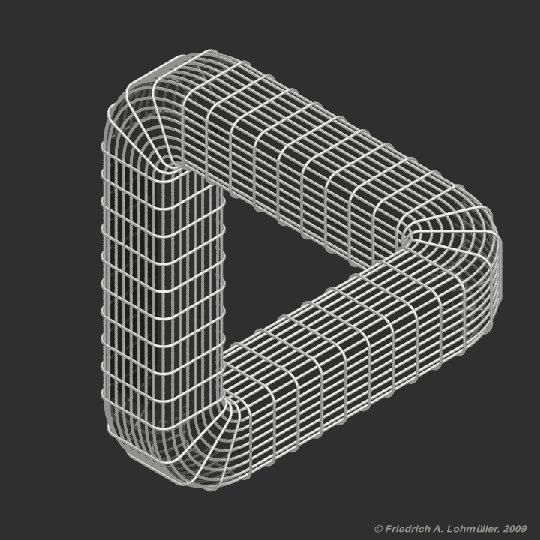This article about therapy bots, in the Bay Area’s “Bold Italic”, introduces us to the phenomenon of people being too busy to go looking for therapists, or indeed, to see therapists, or, as is implied - even think of their own mental states. A point made in the article is the mixed message given by the marketing of these online therapy bots. These companies exuberantly state that they will offer relief from psychical pain, while simultaneously also disclaim that they are not substitutes for actual mental health practitioners.
But so, what are these bots doing exactly, anyway?
First off, these companies state that they are using AI, a term that is slapped on to anything today that might pass as “smart”. What these bots are doing is nothing much more than any general machine learning or even computation: they are reading sets of variables to process algorithms. Nonetheless, the template for these therapies is largely based on the metrics of Cognitive Bahavorial Therapy, or CBT. Simplistic in nature, but pragmatic and handy, CBT is a technique that involves the therapist going through a litany of rote guidelines to adjust your thinking in relationship to your perception. “Are you really fat? It may ask the anorexic, to show her that her perception is out of line with reality, and so on.
The technique could be picked up in about a week and actually im sure the robots do it just fine, and in this sense its not much different than going to a very boring therapist! I don’t have to go into just how different this is from seeing a real, in the flesh human being. And then if you really don’t like human beings you can always see a psychoanalyst!
All kidding aside, the most relevant thing that is missing in the bot-as-shrink scenario is a no-brainer: all these bots do is read the syntax of your language and spit out variations of what you have just said to them. Most crucially, what we can say for sure about these bots is THEY CANNOT GRASP WHAT IS NOT BEING SAID!
This, ofcourse, is where psychoanalysis comes in. After all, it was Freud who first showed us that what can’t be spoken of shows up in the body and mind as inhibiting and disabling symptoms.
I imagine these bots are kind of like the prosaic creators who make them, they eventually give you something, but not much:
“Alison Darcy, founder and CEO of Woebot, shared similar sentiments on a recent Reddit AMA: “The potential for AI to ever take the place of humans in this realm is, I think, massively overhyped.””
Not only has she shown that AI claims are almost all overtly utopic and unrealistic, she has reminded us of the very dilemma of bots and behavioral based therapy alike: by only dealing with the conscious, you miss the entire point of mental health - to access what is not readily available to you, ie that which cannot be remedied by speech in every other social setting in your life.
Psychoanalysis is a practice of defining that which we can’t get out, that which is not (yet) sayable, and certainly not able to be inputted so as to be utilized by yet another algorithm!
If you need more, heres the article again
https://thebolditalic.com/the-rise-of-the-robot-therapist-459b20f770a9
